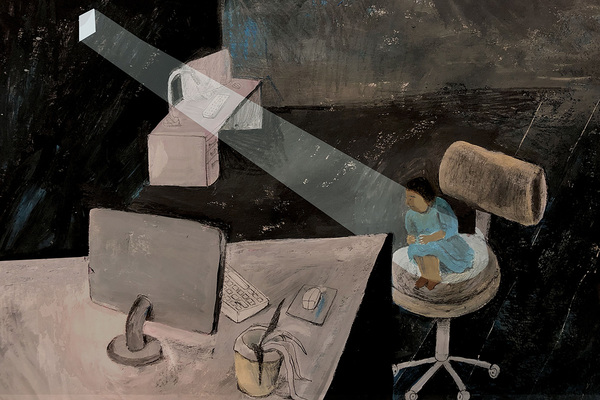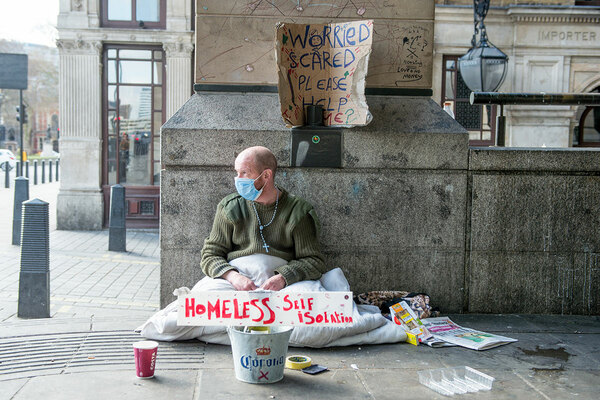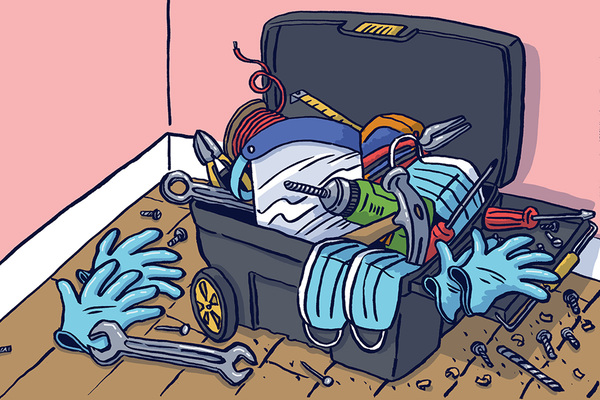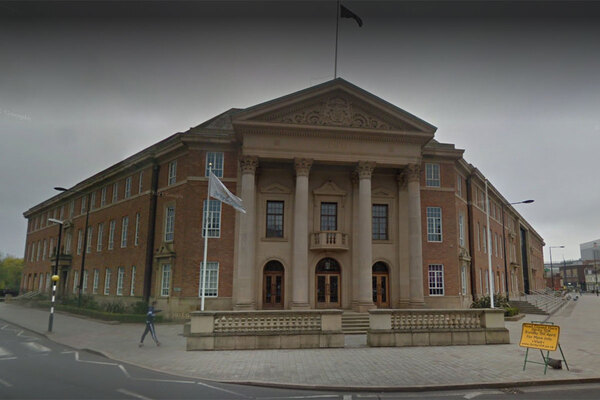You are viewing 1 of your 1 free articles
The impact of COVID-19 has been dire for people in constituencies like mine
The pandemic has had dire consequences for those on the lowest incomes and more support is urgently needed for constituencies like mine, writes Abena Oppong-Asare
My new report, Leaving Nobody Behind in Erith and Thamesmead, highlights the main issues facing people who meet one or more protected characteristic. It became clear to me in the first weeks of the COVID-19 outbreak that low-income households and women were being disproportionately impacted and that the Conservative government was failing to address these issues.
Protected characteristics are aspects of a person’s identity that are protected under the Equalities Act. After I pressed health minister Matt Hancock to publish a report into the impacts of COVID-19 on all protected characteristics and the Conservative government failed to act, I launched my own.
Within this report I also explore the effects on people from a low socio-economic background, which is not currently defined as a protected characteristic.
I have been inundated with emails from constituents who have been absolutely devastated by this pandemic, including some who have lost their jobs and become destitute. As lockdown continues to ease, several households have contacted me “depressed, anxious and nervous” about looming rent eviction crisis.
The Conservative government’s response to this crisis has been both short-sighted and inflexible. This is demonstrated in the devastation that looms for low-income households and, as the situation stands in Erith and Thamesmead, single mothers.
The crisis that looms is one of the most devastating health and social consequences as families risk losing their homes in less than four weeks, while coronavirus remains a serious threat to public health.
One constituent at immediate risk contacted me for support, they said: “I am a single mum with multiple sclerosis. My landlord has taken me to court and I am expected to vacate the property in June 2020. It’s been a battle living in my present flat and dealing with mould, rats, having to pay off repairs from my own pocket most times to mention but a few. I’m extremely depressed, anxious and nervous.”
This case highlights the cocktail of issues that may ultimately end in a family being forced out of their accommodation and onto the street.
As highlighted in my report, the median earnings of a woman in Erith and Thamesmead are 40% lower than a man. This is reflected in local rents: 75% of a woman’s median earnings are spent on rent in my constituency, compared with just over half for men.
The inequalities facing women and the difficult financial situation low-income households face has only been exacerbated by the coronavirus crisis. Research from the Institute for Fiscal Studies found that “of those who were in paid work prior to the lockdown, mothers are 47% more likely than fathers to have permanently lost their job or quit, and they are 14% more likely to have been furloughed.
The government cannot justify making single mothers who have lost some or all of their income during the pandemic immediately homeless when the eviction ban is lifted, yet this is the situation many are facing.
“Low-income households do not need a few more weeks of shelter before facing eviction, they need a real living wage and affordable housing”
Up to 31 May, 12,700 jobs had been furloughed in Erith and Thamesmead, which is equivalent to around 16% of the population aged 16 to 64. This means that almost 13,000 constituents have received just 80% of their usual income over the past four months and yet rent increases have been allowed to continue throughout the crisis.
One constituent contacted me in May concerned about the stability of their living situation, they said: “I have recently been having difficulty keeping up with the rent as the landlord keeps increasing the rate roughly every three months… With the proposed rent increase, I’m not sure how to manage the increased amount with my current wage (rent will increase to £1,500 while I only earn roughly £1,400).”
The government recently U-turned on lifting the eviction ban and Labour Party leader Sir Keir Starmer rightly said: “Such a brief extension means there is a real risk that this will simply give renters a few more weeks to pack their bags.”
My report into the effects of COVID-19 on protected characteristics highlights the real-life impacts of issues we already knew existed. Low-income households do not need a few more weeks of shelter before facing eviction, they need a real living wage and affordable housing. Putting single mothers into emergency accommodation will not mask the problem at hand, it means children will grow up in unsuitable accommodation with no real place to call home.
In the report I call on the government to conduct a gender impact assessment into the economic impact of coronavirus. I also call for financial support to be aimed at the lowest income households and those on Universal Credit.
Without targeted support, we risk driving those already struggling – after years of Conservative austerity policies – further into poverty and will see a crisis where thousands of families are forced into homelessness.
Abena Oppong-Asare, Labour MP for Erith and Thamesmead











